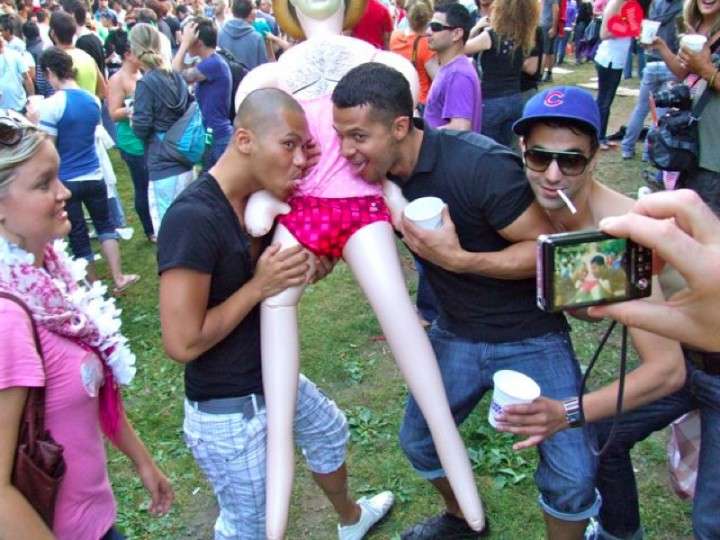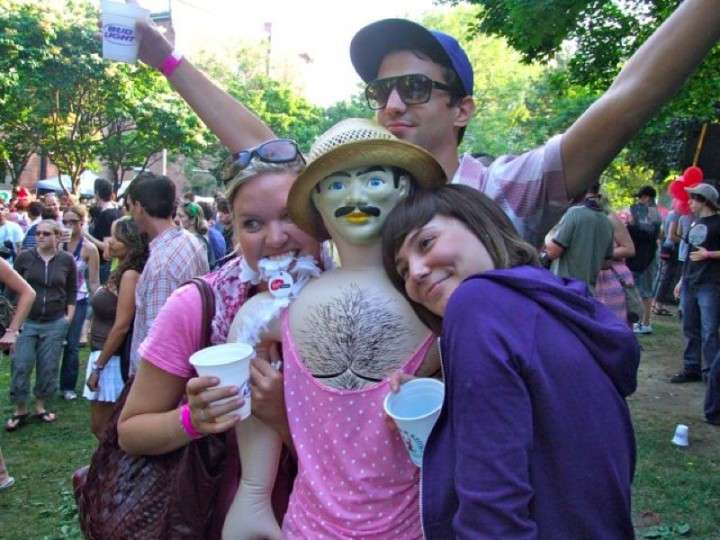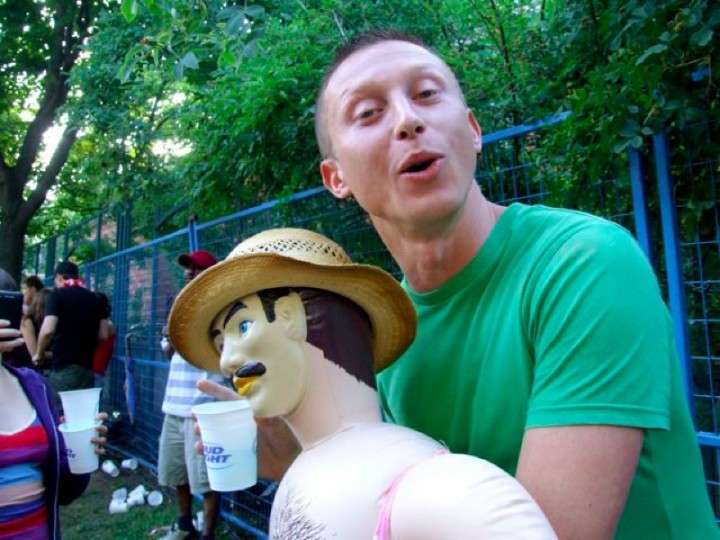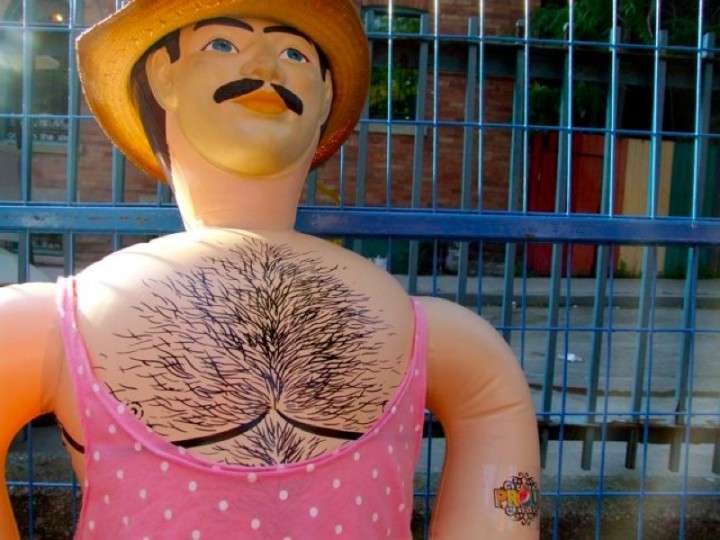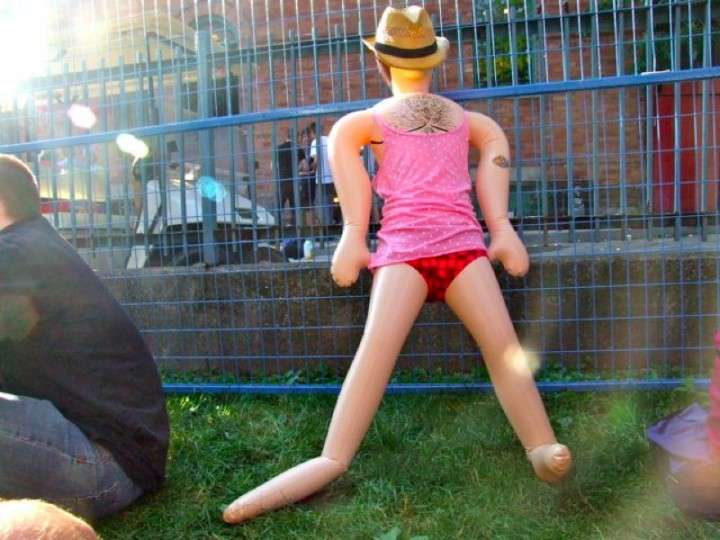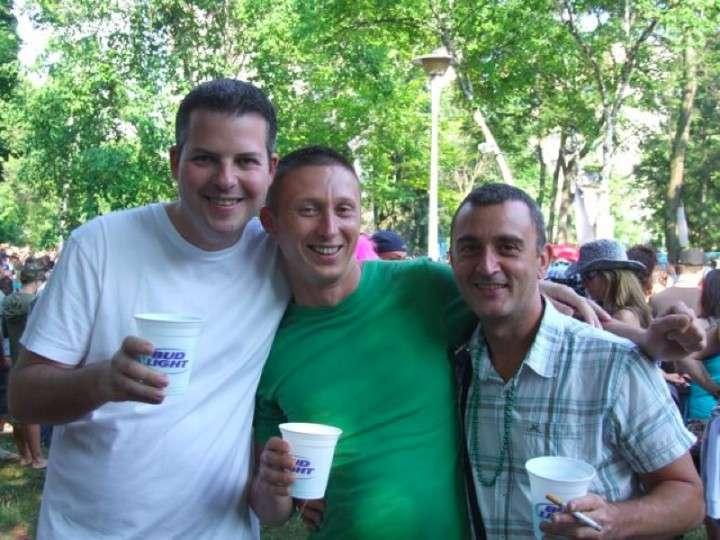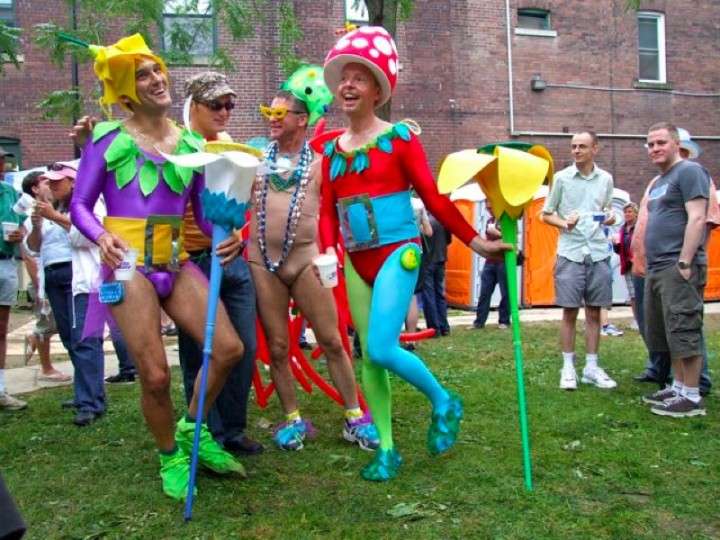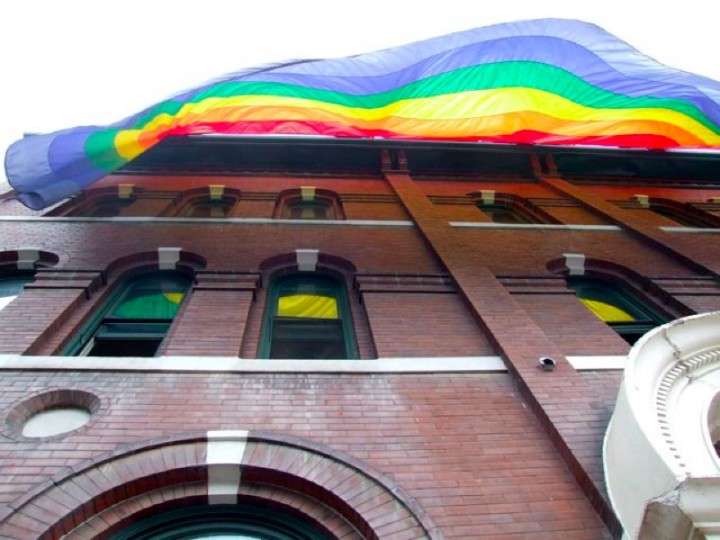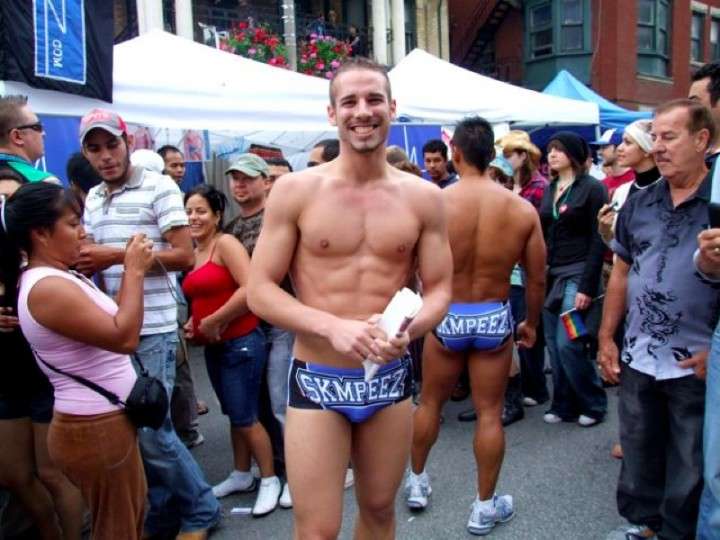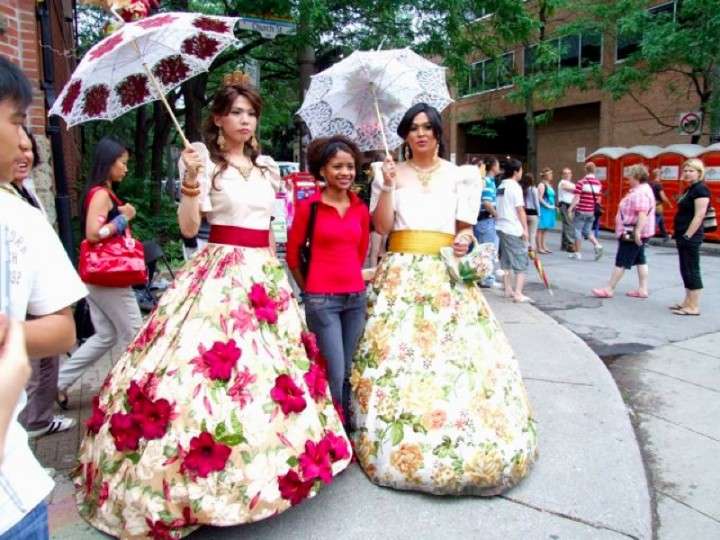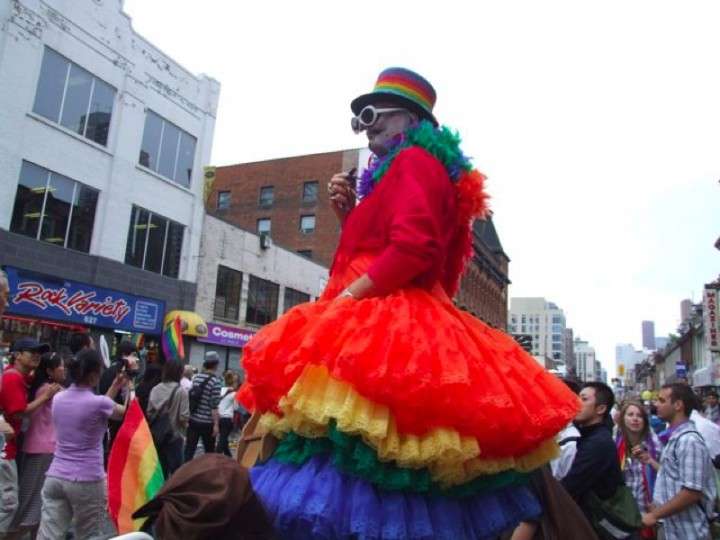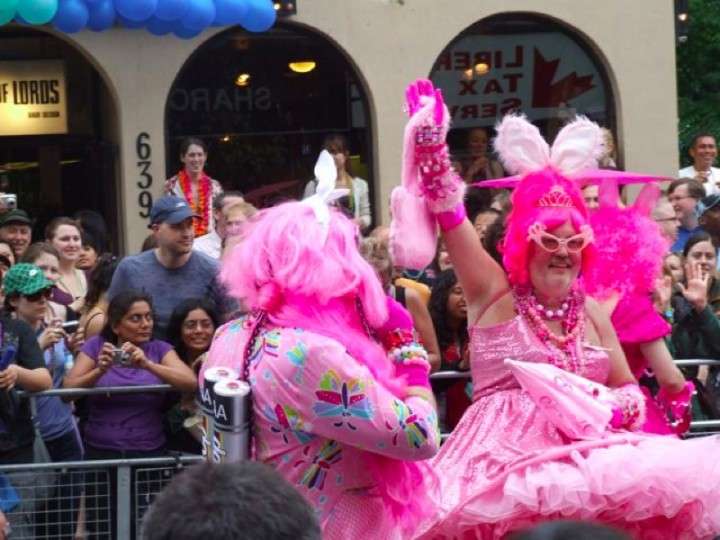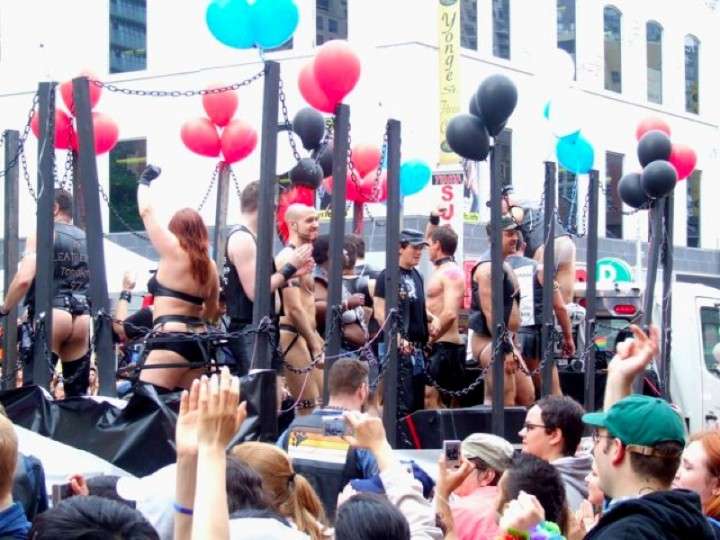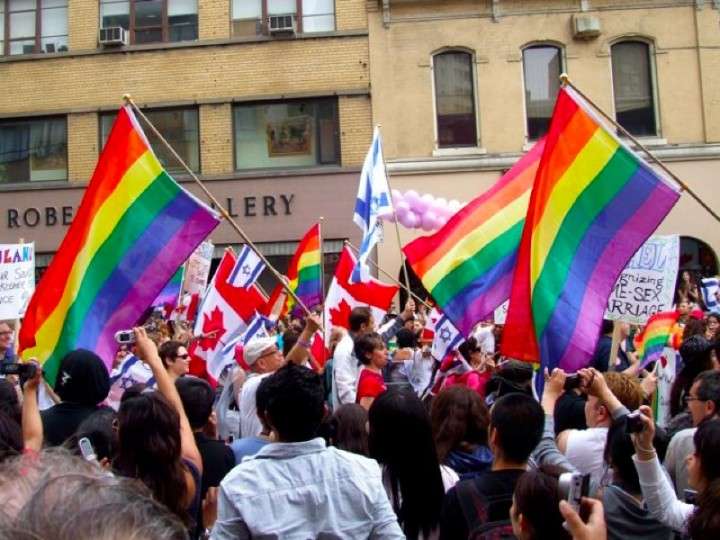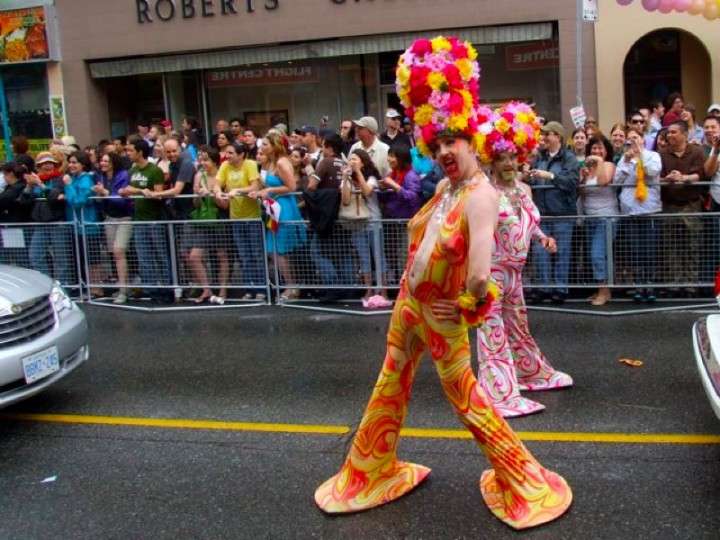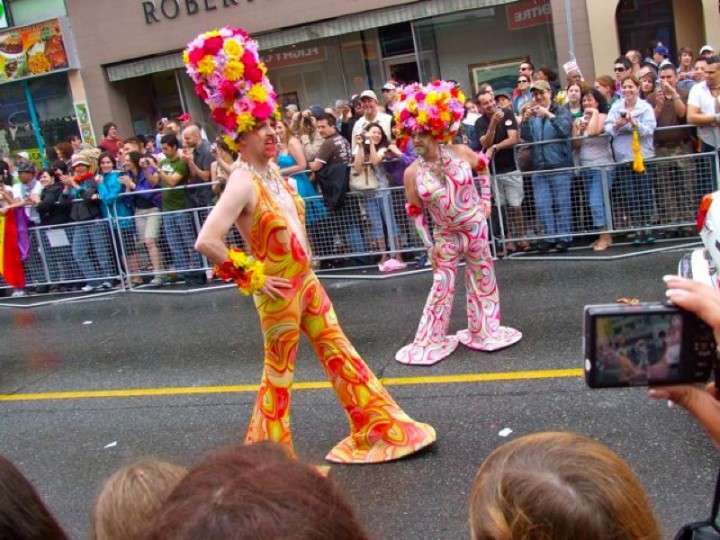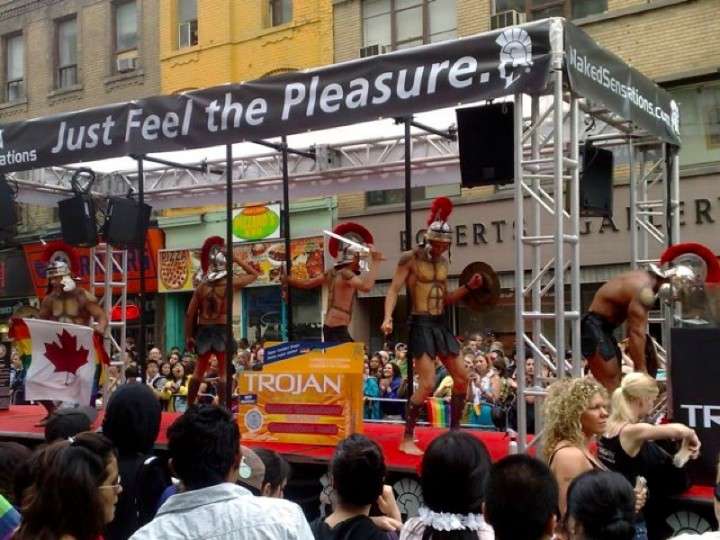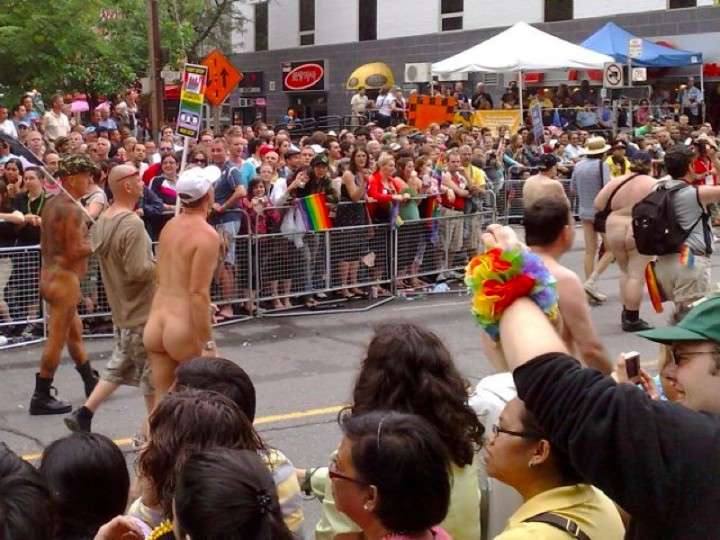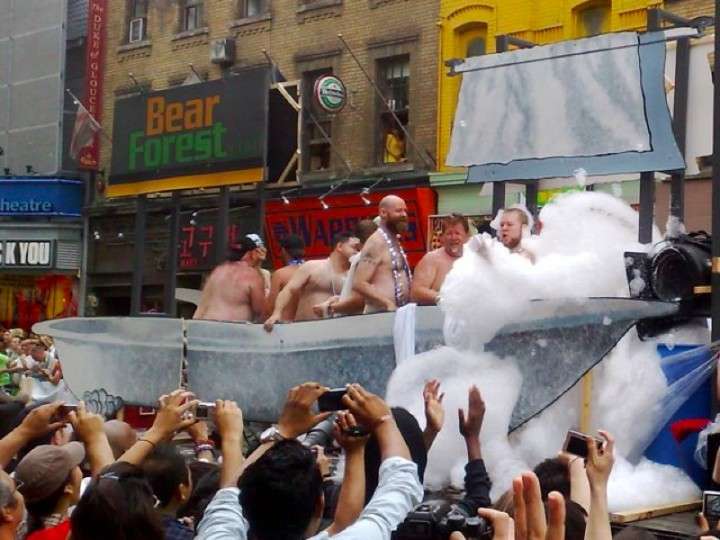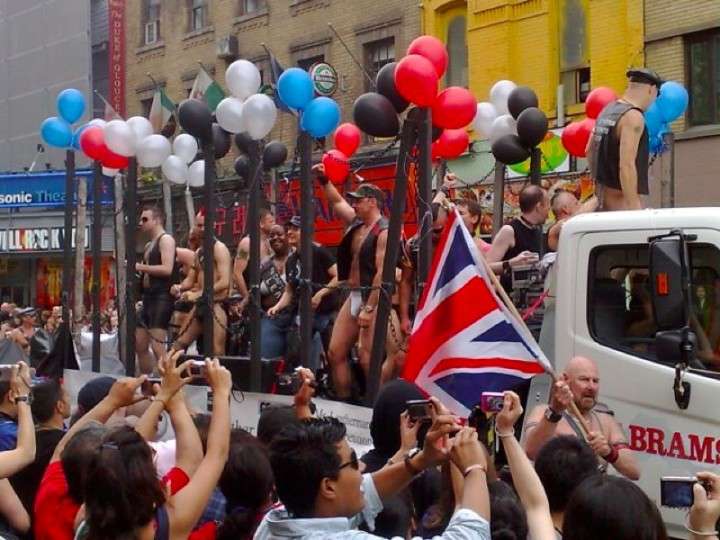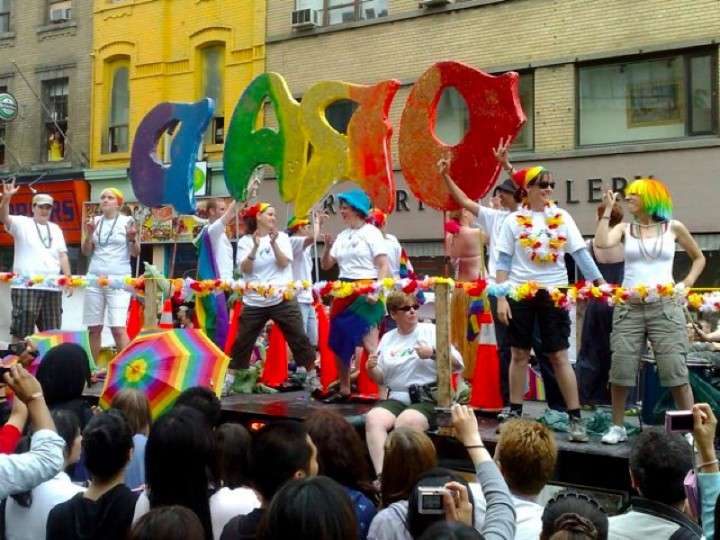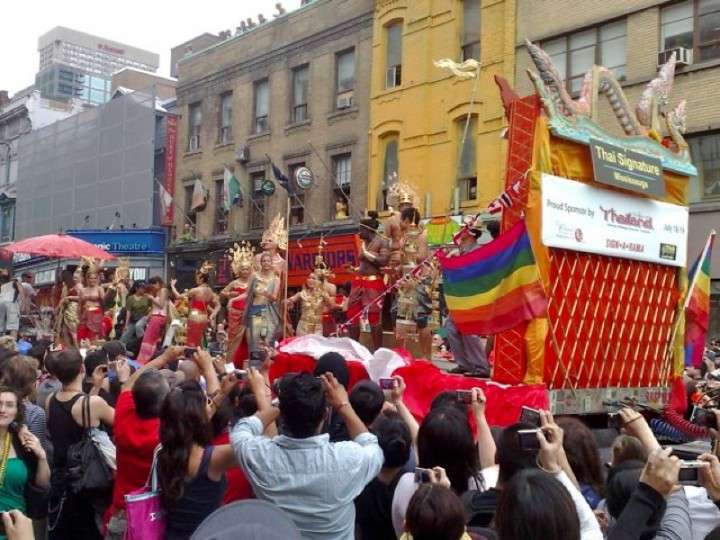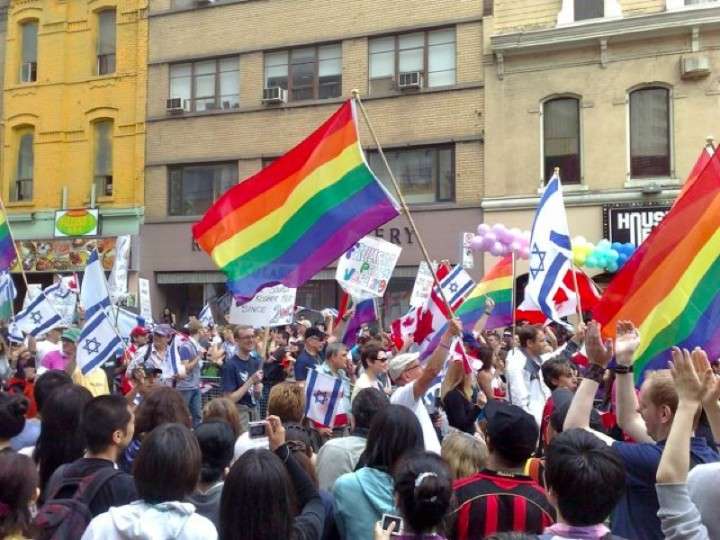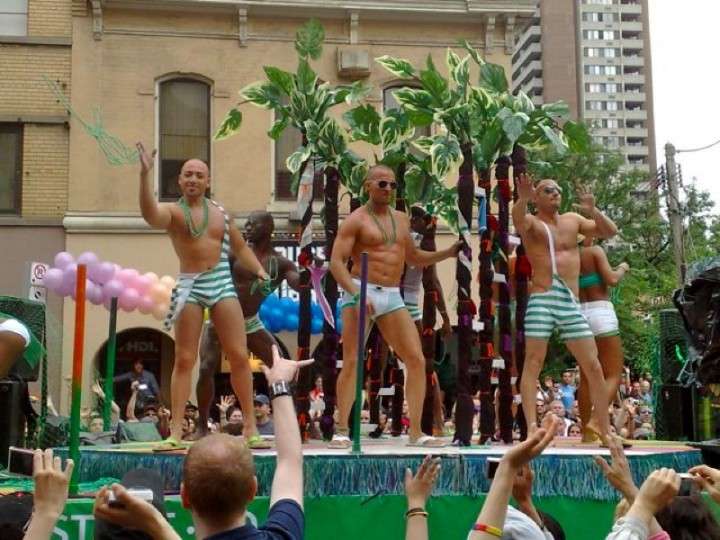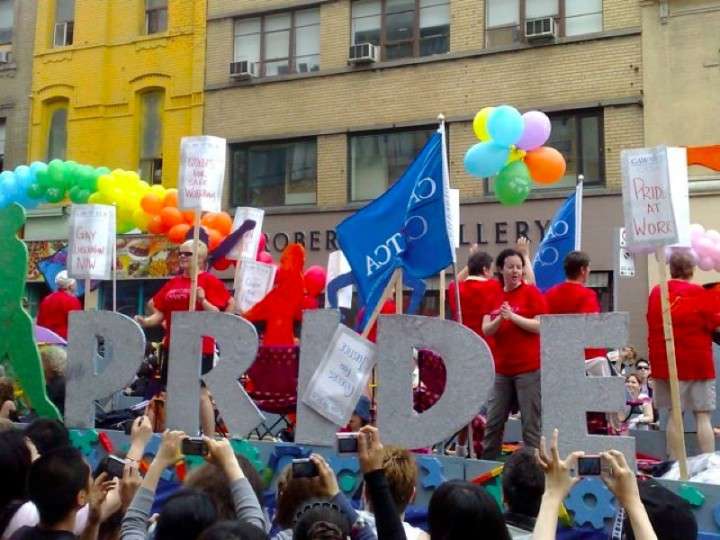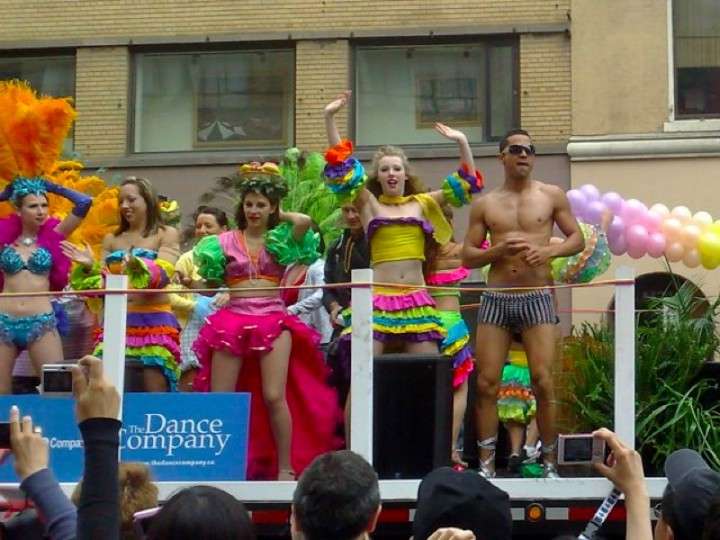Pride Toronto, an annual event celebrating sexual diversity, the Gay Lesbian Bisexual Trans Gender Community, united in one goal, accepting who we are for what we are and for equal rights for all.
“The state has no business in the bedrooms of the nation.”
Pierre Elliott Trudeau
Canada is one of the few places on the planet to recognise same-sex marriages, legally. This is not a contract like Civil Partnerships like the United Kingdom which limits recognition even when one chooses to marry overseas, in Canada it is a binding right to choose whom we want to spend our lives with and love and gives equal rights as same-sex couples.
Pride Week is a ten-day event held during the end of June each year. It is one of the largest organized Gay Pride festivals in the world, featuring several stages with live performers and DJs, several licensed venues, a large Dyke March, and the Pride Parade. The epicentre of Pride Week is the city’s Church and Wellesley village, and both the Dyke March and the main Pride Parade are primarily routed along the nearby Yonge Street, Gerrard Street and Bloor Street.
Organized by Pride Toronto, a non-profit organization. The long-term vision for and strategic oversight of the organization and the festival is managed by 12 volunteers on the Board of Directors. Although a definitive count of attendees cannot be determined, estimates in recent years have ranged from 500,000 to over one million (depending on the weather), it is often touted as being one of the largest cultural festivals in North America.
The growth of the event in recent years has led to questions about whether it has become an overly commercial enterprise at the mercy of its sponsors and business interests. Toronto‘s incredibly diverse queer community has also demanded programming that includes all races, communities, and gender identifications.
A theme is selected that reflects the current context of the queer community and helps shape the festivities. Previous themes included “Fearless” (2006), “Unstoppable!” (2007), “Unified” (2008), and “Can’t Stop. Won’t Stop.” (2009).
Like many successful Pride events worldwide, the official events are supplemented with non-official events. The result is to make Toronto Pride Week a massive city-wide party.
